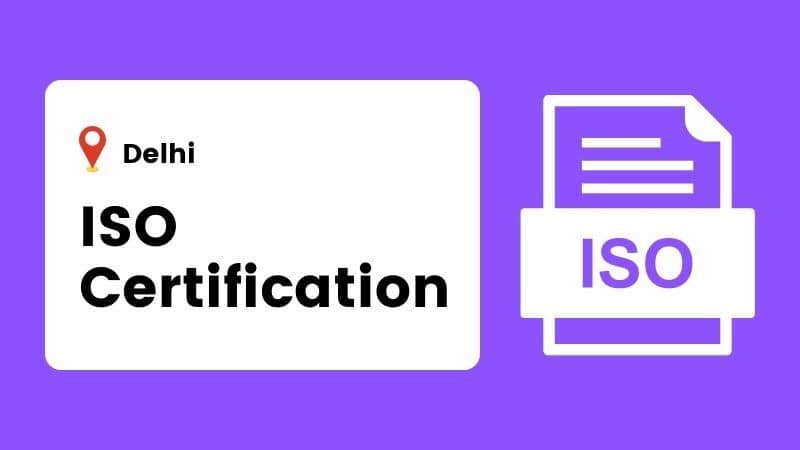

You must have come across various brands with services or products that own ISO certification, and they do proudly mention it on their websites, or product labels. ISO is a short form for International Organisation for Standardization. This organization, which runs independently, provides a standard in terms of quality, efficiency, and safety of products and services by any brand.
And consumers like to trust a business with ISO certification because it ensures credibility. If you are looking for business improvement, ISO certification could help boost your business and improve your business efficiency.
Before starting with your ISO Certification process, your prerequisites include choosing the type of ISO certification and ISO certification body.
Some of the types of ISO certification are:
There are many certification bodies of ISO, which provide certification to companies and brands. Since ISO itself isn’t involved in giving certificates, you need to find a certification body that is credible and well-recognized. Don’t forget to consider more than one ISO certification service provider. You will also be required to check whether these providers follow the CASCO standards. Having a provider that is accredited is better also.
The first step of ISO certification involves agreeing on a contract that includes the rights and obligations of both parties. Here you will also find liability issues, confidentiality, and access rights.
While applying for an ISO certification, you will be required to provide quality manuals and documents. And in this stage, an ISO auditor will review whether your manuals and documents follow the policies and procedures of the organization. If your business or services have any gaps against the requirements of the ISO standard, this stage will make it all clear.
Not every brand or company will meet the ISO standards on the first try, and after the review stage, the ISO auditor will mention the existing gaps in your company. But it is your responsibility to prepare an action plan to bridge these gaps and meet the ISO standards. This action plan can include bringing required changes to your company, encouraging your employees to change and adapt to new procedures, and many more. It is also essential to make your employees aware that your organization is working towards ISO certifications.
This stage of the process has two parts.
Part 1: This process is again about an ISO auditor reviewing the changes you made to your organization. Here, the auditor will try to find out all the non-conformities in your systems. Your non-conformities will be categorized into minor and major non-conformities. But both categories are essential for an applicant to assess and make these non-conformities match the ISO standards by modifying techniques and processes by a company.
Part 2: This part is the final auditing, and it comes after the organization performs all the required changes. This process is where the auditor will make clear whether the non-conformities have been eliminated by the organization. After the auditor has decided that all the non-conformities have been eliminated, they will prepare a final ISO audit report before proceeding to the registrar.
The registrar will check your addressed non-conformities, check the ISO audit report, and will finally grant you your ISO certification.
ISO certification process cost depends on the size and complexity of the organization or internal process. Here are some of the factors that determine the total cost.
While some costs cannot be reduced, you can still reduce the risk of making mistakes by hiring an ISO consultant in Delhi, who can help you meet all the critical requirements of the ISO standard.
During the process, you will realize this managing all the requirements and tasks that take a minimum of 12 months is not easy. If you are looking for affordable packages in ISO certification, then My Legal Clinic has experienced ISO certification consultants in Delhi who can provide you with assistance as you go ahead with your certification process.